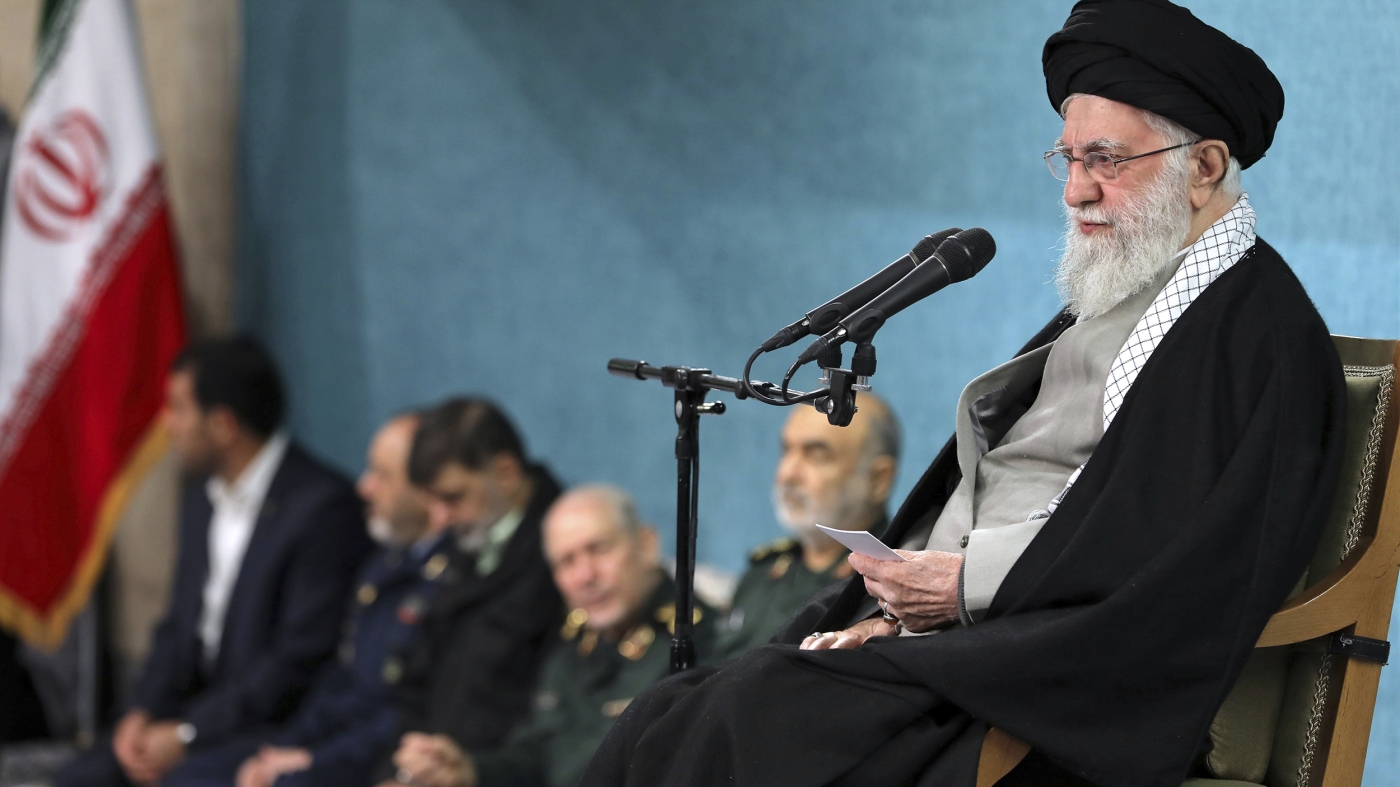In a recent development that has further strained US-Iran relations, President Donald Trump claimed to have sent a letter to Iran’s Supreme Leader, Ayatollah Ali Khamenei, urging Iran to abandon its nuclear weapons program and engage in negotiations. However, this overture was swiftly and firmly rejected by Iran’s leadership, highlighting the deep-seated mistrust and animosity between the two nations.
Trump’s Ultimatum and Iran’s Rejection
Trump’s call for negotiations was accompanied by a veiled threat of military action if Iran refuses to comply. This approach, however, has only served to reinforce Iran’s skepticism towards the United States. Khamenei, in a speech on March 8, condemned the US and its allies as “bullying governments” whose intention is not to resolve issues through dialogue but to impose their will on Iran. He accused the US of using negotiations as a tool to create public pressure on Iran, rather than engaging in genuine diplomacy.
The Roots of Mistrust
The current impasse can be traced back to 2018 when Trump unilaterally withdrew the US from the Joint Comprehensive Plan of Action (JCPOA), commonly known as the Iran Nuclear Deal. Since then, the US has imposed a series of crippling sanctions on Iran, severely impacting its economy. Despite these measures, Iran has continued to advance its nuclear program, with its uranium enrichment levels now nearing weapons-grade. The US’s “maximum pressure” campaign has thus far failed to achieve its desired outcome, only serving to harden Iran’s stance.
The Role of Europe and the Broader Implications
The European signatories to the JCPOA—France, Germany, and the UK—have attempted to mediate between the US and Iran, but their efforts have been met with frustration. Khamenei criticized these countries for failing to uphold their end of the bargain under the JCPOA, accusing them of siding with the US in imposing sanctions on Iran. This has left Iran with little faith in the West’s commitment to diplomatic solutions.
The rejection of Trump’s call for negotiations also has broader geopolitical implications. Israel, which views Iran’s nuclear program as an existential threat, has repeatedly hinted at possible military action against Iran. The potential for a military confrontation between Iran and Israel, with the US potentially drawn in, could further destabilize the already volatile Middle East region.
The Path Forward
The current situation underscores the urgent need for a more constructive approach to resolving the nuclear standoff. Both sides must recognize that military threats and economic coercion are unlikely to yield a lasting solution. Instead, a return to meaningful diplomacy, with genuine respect for each other’s sovereignty and security concerns, is essential. The international community, including Russia and China, can play a crucial role in facilitating dialogue and building trust.
In conclusion, Trump’s attempt to restart nuclear negotiations with Iran has been met with a resounding refusal, highlighting the deep mistrust and animosity that persist between the two nations. For any progress to be made, both sides must move away from the current confrontational stance and embrace a more cooperative approach. The stakes are high, not just for the US and Iran, but for the stability of the entire Middle East region.

